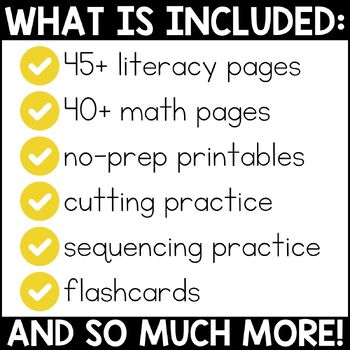

One article written by Erika Christakis in The Atlantic, called “The New Preschool is Crushing Kids”, describes a popular preschool curriculum that included “key concepts” (sound familiar?) that children were supposed to master. In a study conducted over a 12 year period that compared kindergarten and first grade classrooms between 19, the researchers found that kindergarten teachers have much higher expectations of their students, with as much as 80% of them expecting their students to be literate by the end of the school year. With preschools and kindergarten classes become increasingly similar to primary and secondary schools’ classrooms (they’re even assigning homework!), a number of vocal and persistent opponents are protesting.Ĭopyright: Monkey Business Images What Is Happening to Early Childhood Education?Īccording to researchers at the University of Virginia, kindergarten is the new first grade. However, it now seems as though the same debate has trickled down to the education of our youngest learners. Early childhood education was normally left out of the discussion. These complaints tend to focus primarily upon the absence of emphasis placed on exploration and intellectual curiosity, on the massive amounts of emphasis placed instead on rote memorization and the frequently stifling educational environments.Īs controversial and incredibly important these conversations are, they have mostly focused on primary and secondary schools. Many of those involved in the education system, be it teachers, students, parents, or someone else entirely, have expressed, and at times quite stridently, their frustration and discontent towards the current system.


The debate over primary and secondary school education has been raging for some time – the best methods of teaching, the pros and cons of standardized testing, etc. Preschools and kindergarten classes are becoming increasingly similar to primary and secondary schools (they’re even assigning homework!).


 0 kommentar(er)
0 kommentar(er)
